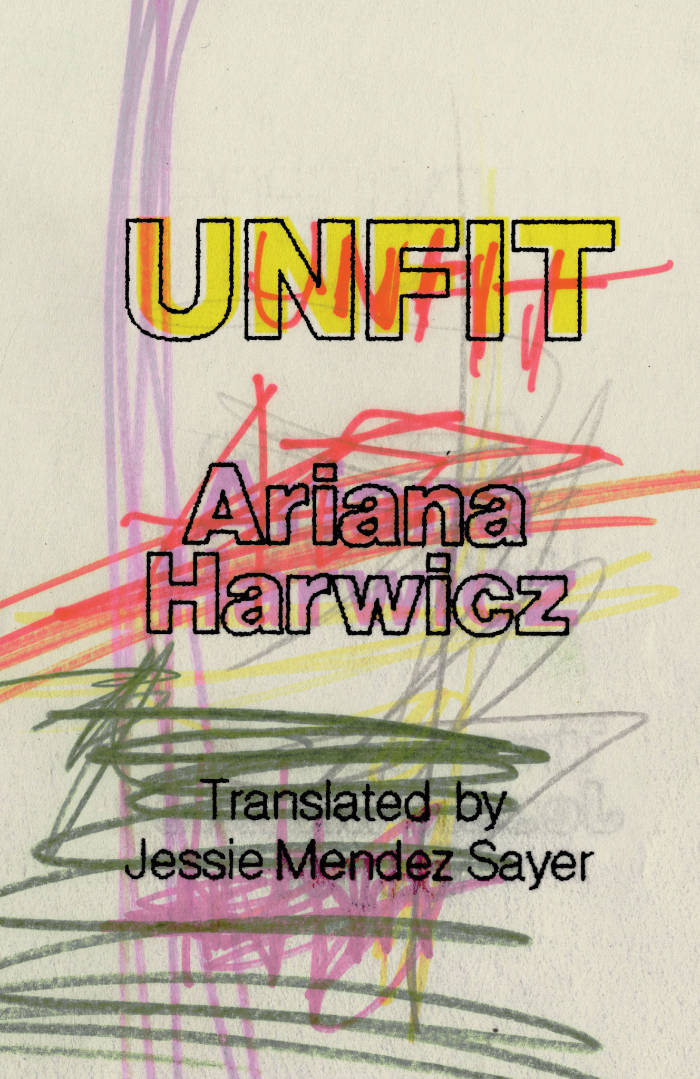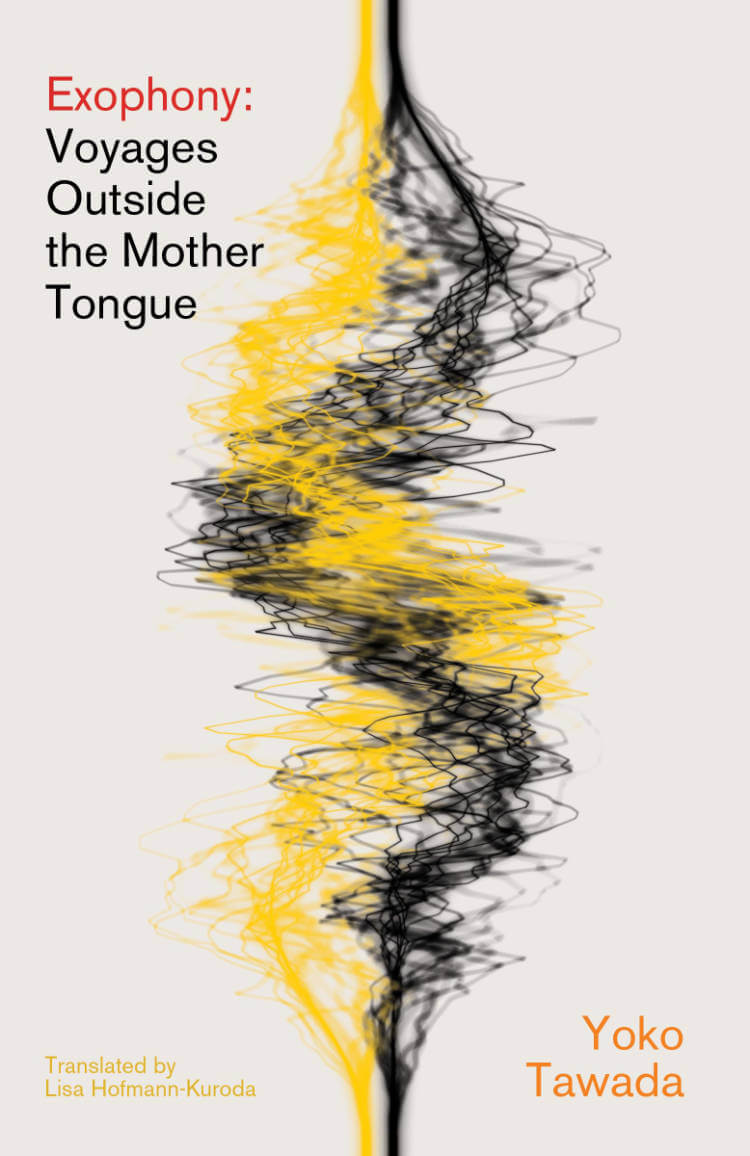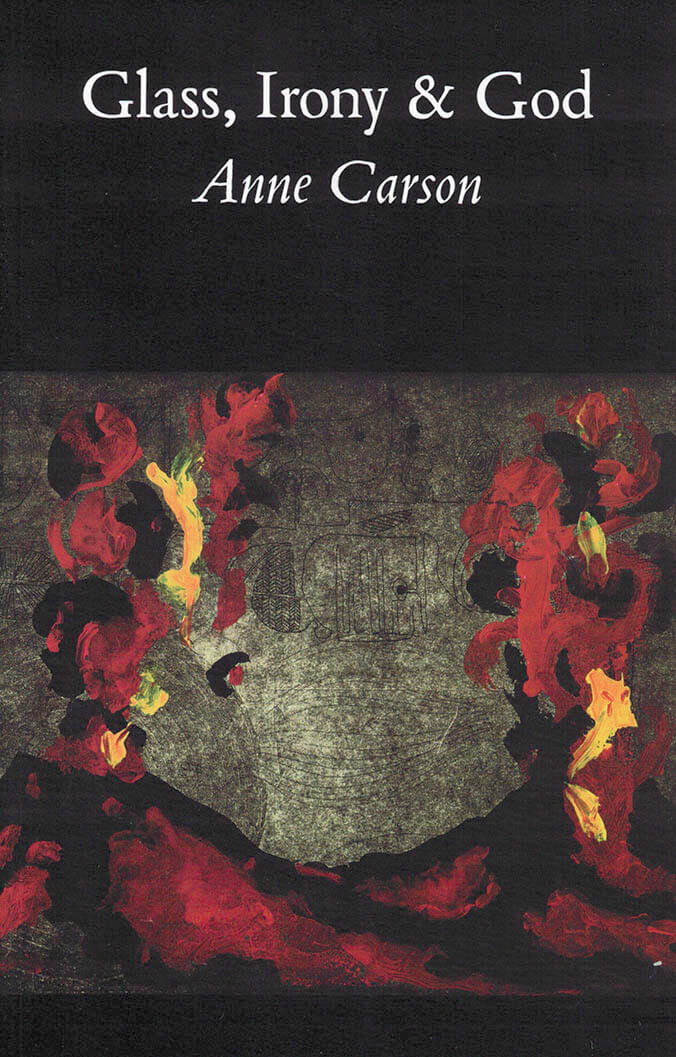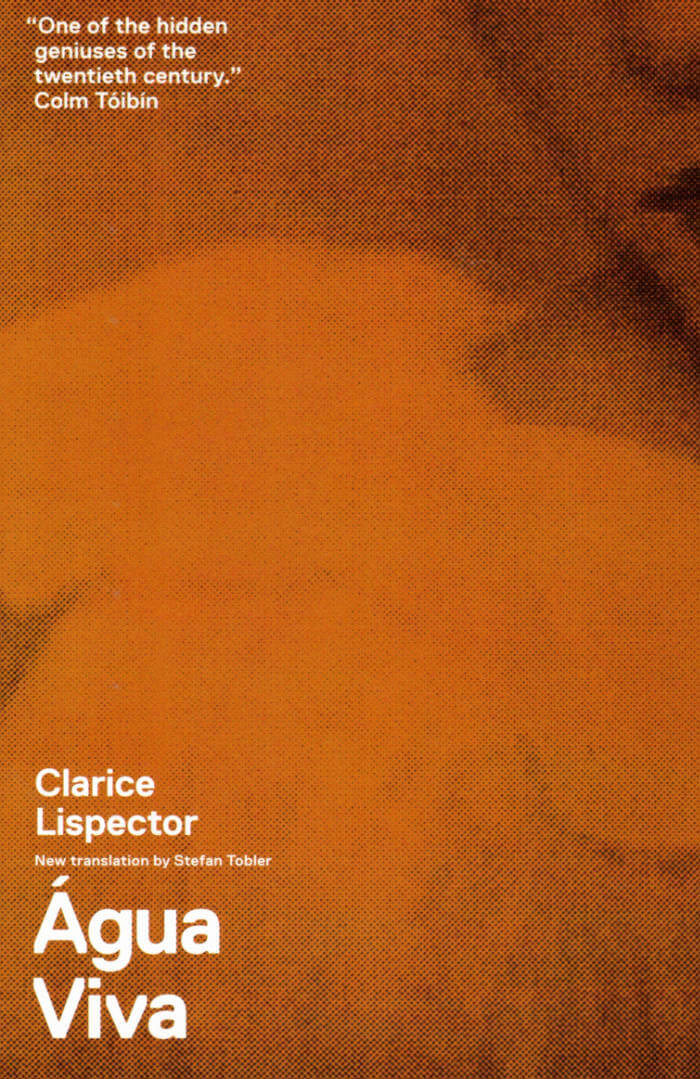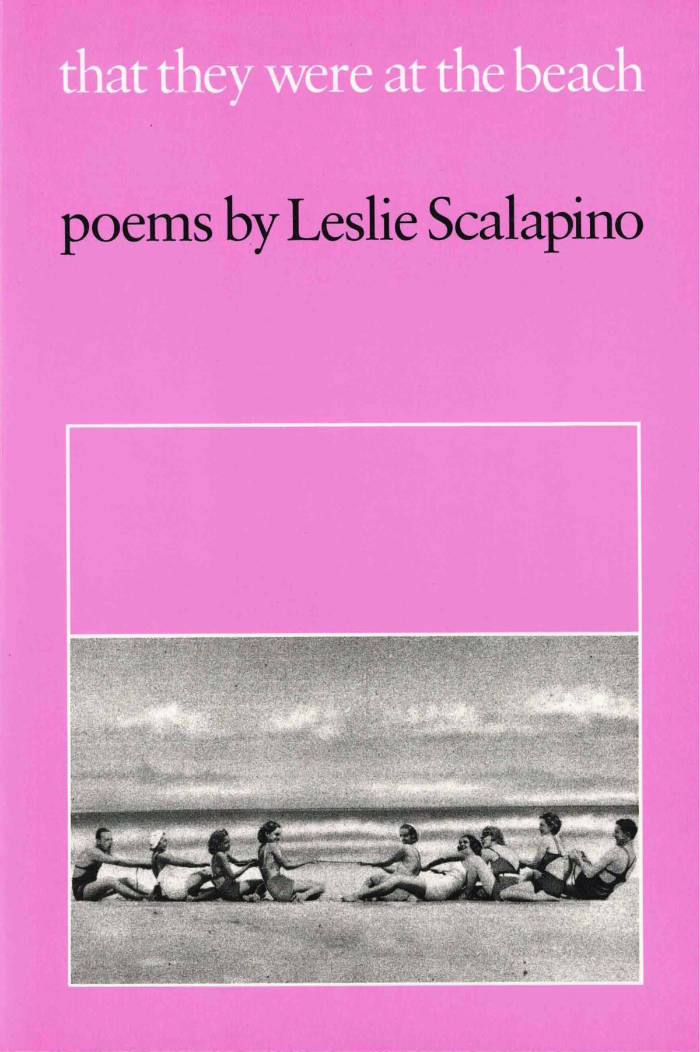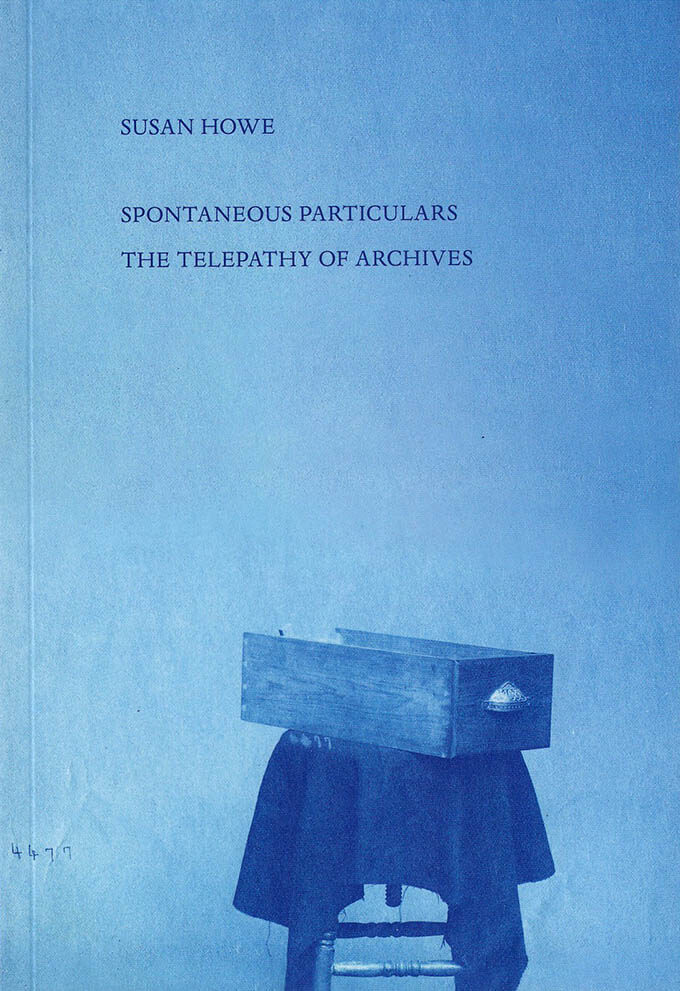
Spontaneous Particulars: Telepathy of Archives
Great American writers — William Carlos Williams, Jonathan Edwards, Emily Dickinson, Noah Webster, Hart Crane, Wallace Stevens, Henry James —in the physicality of their archival manuscripts (reproduced here in the beautiful facsimiles)—are the presiding spirits of Spontaneous Particulars: Telepathy of Archives.
Also woven into Susan Howe’s long essay are beautiful photographs of embroideries and textiles from anonymous craftspeople. The archived materials create links, discoveries, chance encounters, the visual and the acoustic shocks of rooting around amid physical archives. These are the telepathies the bibliomaniacal poet relishes. Rummaging in the archives she finds “a deposit of a future yet to come, gathered and guarded…a literal and mythical sense of life hereafter—you permit yourself liberties —in the first place—happiness.” Digital scholarship may offer much for scholars, but Susan Howe loves the materiality of research in the real archives, and Spontaneous Particulars “is a collaged swan song to the old ways.”
Memorably fierce: with her long career in view today, her comment on Dickinson, in 1985, applies to Howe herself: 'A great poet, carrying the antique imagination of her fathers, requires of each reader to leap from a place of certain signification, to a new situation, undiscovered and sovereign. She carries intelligence of the past into future of our thought by reverence and revolt. — Langdon Hammer
Language: English

